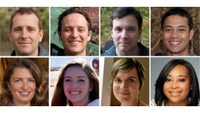
AI is getting better and better at generating faces — but you can train to spot the fakes
Even the most skilled face recognizers are duped by AI-generated faces, a new study finds. But they can improve with training.
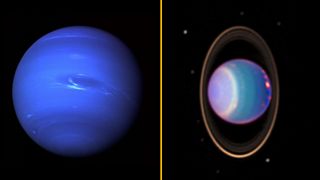
By Mason Wakley published
A new computational model suggests that Uranus' and Neptune's cores may be less icy than their "ice giant" nickname suggests.
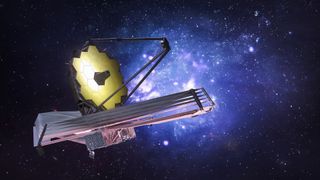
By Tia Ghose published
The James Webb Space Telescope blasted off from a launchpad in French Guiana in 2021, before reaching a spot in orbit a million miles away. It soon began breaking cosmology.
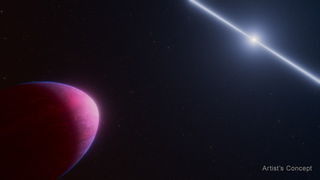
By Elizabeth Howell published
Scientists using the James Webb telescope observed a distant exoplanet with an atmosphere of soot and diamonds, challenging all explanations.
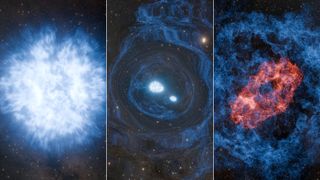
By Sharmila Kuthunur published
A double explosion, in which a dying star split, then recombined, may be a long-hypothesized but never-before-seen "superkilonova."
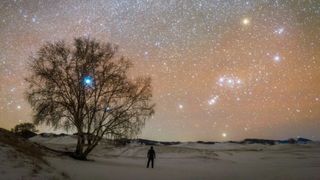
By Jamie Carter published
Discover the highlights of the Northern Hemisphere’s winter night sky with our guide to the top celestial sights to enjoy through binoculars between November 2025 and January 2026.
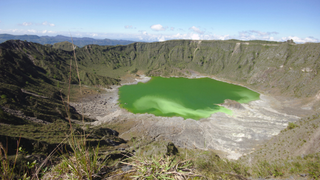
By Mike Cassidy published
A dormant volcano in Ethiopia erupted after 10,000 years of silence. This event shows how the world's little-known volcanoes pose the greatest threat.
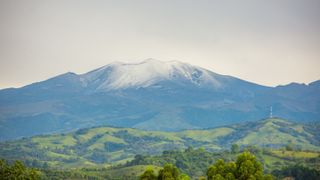
By Sascha Pare published
The Coconucos volcanic chain is a mountain ridge dotted with at least 14 volcano craters, including one that is active and erupted in December 2025.
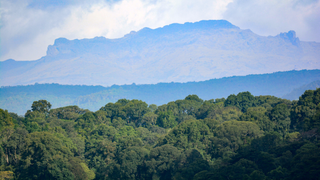
By Skyler Ware published
Earth's seasons look very different at locations not far from each other, 20 years' worth of satellite data reveals.
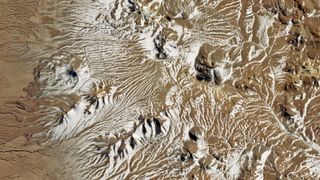
By Harry Baker published
Earth from space A satellite photo from July shows intricate snowy stripes painted across the Atacama Desert in Chile. The icy weather temporarily put the Atacama Large Millimeter/submillimeter Array (ALMA) observatory into "survival mode."
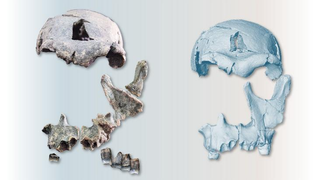
By Skyler Ware published
A never-before-seen Homo erectus face reveals a complex picture of early human evolution.
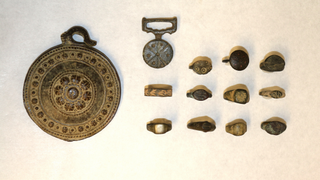
By Sabrina C. Higgins, Cara Tremain published
Archaeologists discovered artifacts for sale in a thrift shop. They decided to create a college course on what to do about them.
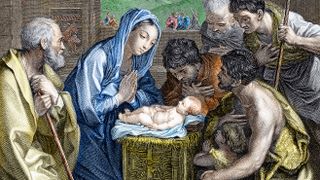
By Joan Taylor published
The modern Christmas themes of peace and joy were in short supply amid the ‘dislocation and danger’ of ancient Judea – as they are in today’s fractured world too.
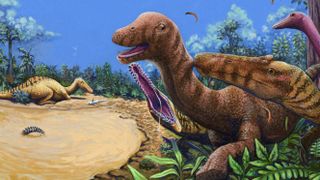
By Patrick Pester published
A large fish-eating dinosaur died beside a river 125 million years ago in Cretaceous Thailand. Now, the remains of this ancient predator are helping researchers better understand Asia's enigmatic spinosaurids.
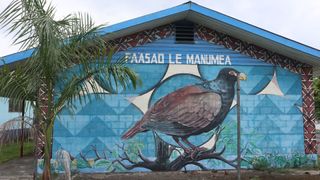
By Whitney Isenhower published
The manumea, a critically endangered ground pigeon and one of the closest living dodo relatives, has been spotted multiple times in a remote Samoan rainforest.

By James Price published
A small study reveals that cats greet male owners more vocally than female ones. But the findings could be a result of cultural norms among the participants, rather than a universal cat behavior, scientists say.
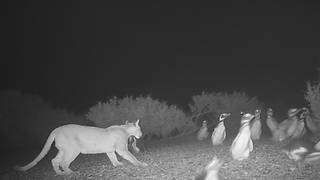
By Skyler Ware published
Pumas in Patagonia, Argentina are eating penguins in a national park — and it's changing how the big cats are interacting with each other.
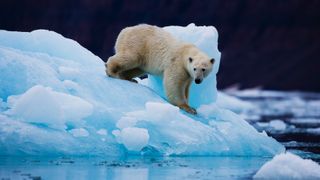
By Sarah Wild published
Warming temperatures appear to be driving genetic mutations in some polar bears to help them survive the shifting climatic conditions.

By RJ Mackenzie published
Blood tests that look for over a dozen cancers are being developed. But how soon will they help patients?
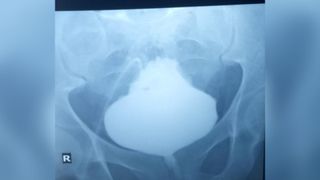
By Kamal Nahas published
In an unusual case, a man's bladder swelled dramatically at its base, taking the shape of a Christmas tree.
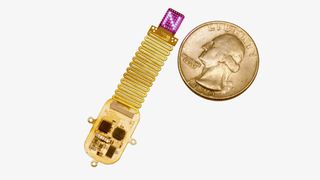
By Payal Dhar published
By directly communicating with the brain, a new wireless device could someday help restore lost senses or manage pain without medications, its developers say.

By Tantse Walter published
Buying guides Don't let anyone else choose your next telescope, camera or binoculars — these are important pieces of equipment that you should buy for yourself
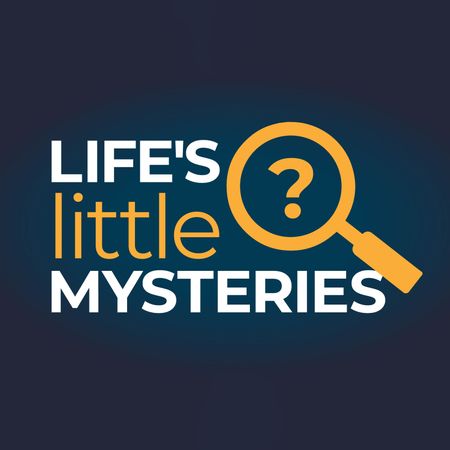
Science questions, answered
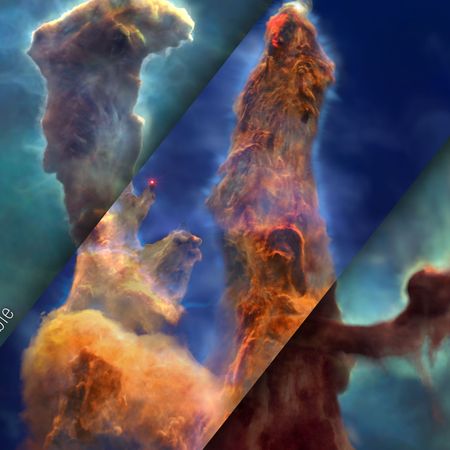
Extraordinary images of our sublime universe
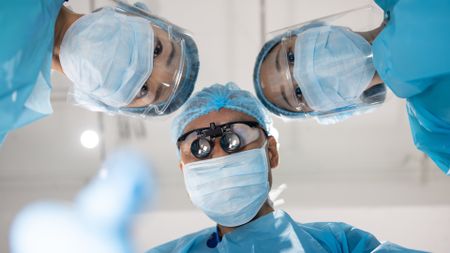
Unusual case reports from the medical literature
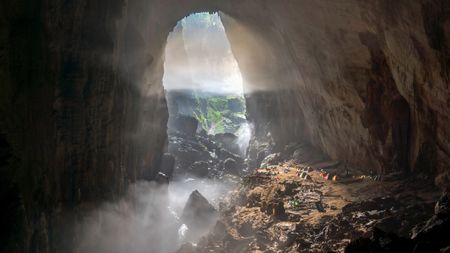
A window onto extraordinary landscapes on Earth
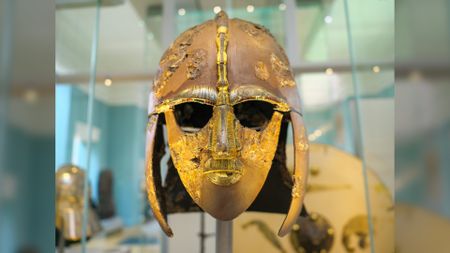
A glimpse into how people lived in the past
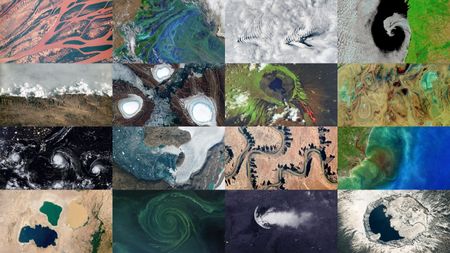
Incredible images of our planet from above

By Roland Moore-Colyer published
AI slop, chatbots and agentic AI are changing the internet, and could transform it beyond recognition, experts say.

By Mason Wakley published
Scientists adapted a method that can produce double the amount of hydrogen when splitting water molecules with electricity.
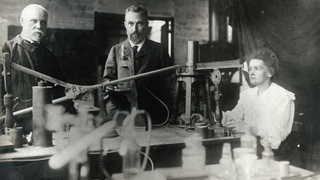
By Tia Ghose published
Scientists in Paris discovered two new substances with incredible radioactivity. It earned them the Nobel Prize in Physics but would ultimately kill one of them.

By Harry Baker last updated
Science crossword Test your knowledge on all things science with our weekly, free crossword puzzle!

By Rich Owen published
Deals Get a quality VPN for less, so you can stream and browse with confidence from any location.


Please login or signup to comment
Please wait...